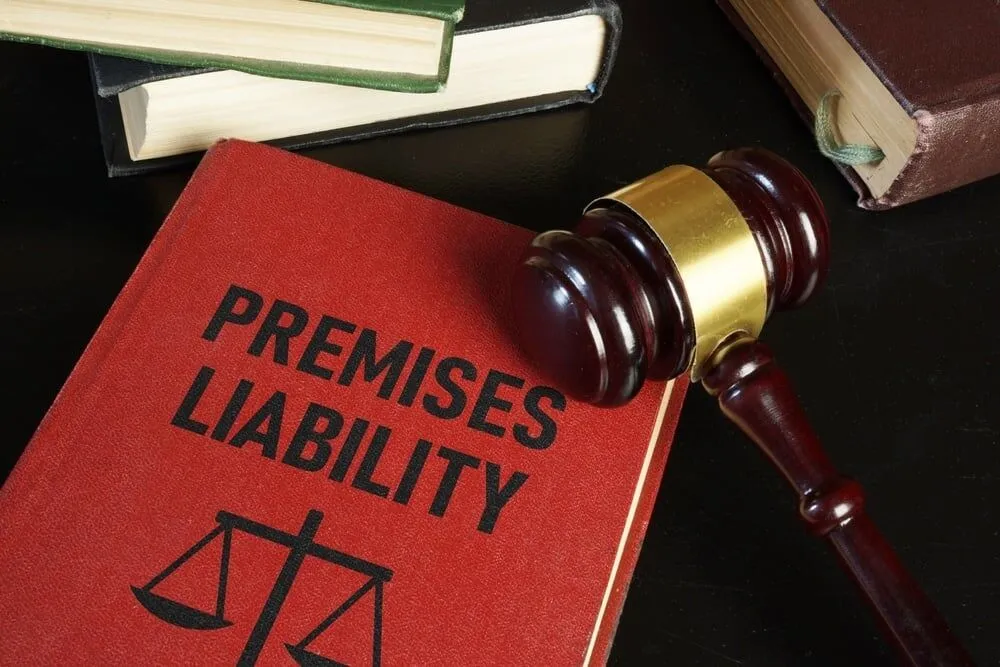Introduction
Divorce can be a challenging and emotionally charged process, and one of the key aspects that needs to be addressed is the division of assets. Splitting assets in a divorce requires careful consideration and negotiation to ensure a fair and equitable distribution. In this article, we will provide a comprehensive guide on how to navigate the process of splitting assets during a divorce. We will cover everything from understanding marital property to the different approaches to division and offer practical tips to help you through this complex process, and why you should seek guidance from a divorce lawyer.
In a divorce, marital property refers to the assets and liabilities acquired by the couple during the course of their marriage. It can include a wide range of assets such as real estate, investments, bank accounts, vehicles, businesses, and even debts. Understanding what constitutes marital property is essential to ensure a fair division of assets.
Identifying and Valuing Assets
Before splitting assets, it is crucial to identify and list all the assets owned by the couple. This process involves creating a comprehensive inventory that includes details such as the current market value, acquisition date, and any associated debts or liabilities. Valuing assets accurately is vital to ensure an equitable division.
Equitable Distribution vs. Community Property
Different jurisdictions follow different principles for asset division. Some states adhere to the principle of equitable distribution, which aims to divide assets fairly based on several factors. On the other hand, community property states consider all assets acquired during the marriage as joint property, requiring an equal split.
Factors Influencing Asset Division
Courts consider various factors when deciding how to divide assets in a divorce. These factors may include the duration of the marriage, each spouse’s financial contributions, earning potential, health, age, and the needs of any children involved. Understanding these factors can help you make a strong case for a fair distribution of assets.
Common Approaches to Asset Division
There are several approaches to splitting assets in a divorce, including:
- Equal division: This approach involves dividing assets equally between both parties, regardless of individual circumstances.
- Proportional division: In this approach, assets are divided in proportion to each spouse’s financial contributions during the marriage.
- Needs-based division: Here, the focus is on meeting the essential needs of each spouse and any dependent children.
Negotiating a Settlement
Many divorcing couples prefer to negotiate a settlement outside of court to retain more control over the division process. Negotiation allows for flexibility and the possibility of reaching a mutually agreeable solution. It is important to approach negotiations with a clear understanding of your goals and seek professional guidance if needed.
Role of Mediation and Collaborative Law
Mediation and collaborative law are alternative dispute resolution methods that can help couples work through asset division. Mediation involves a neutral third party facilitating discussions, while collaborative law involves each spouse and their attorneys committing to resolving the issues without litigation. These approaches can be more cost-effective and less adversarial.
The Importance of Legal Counsel
Consulting with a qualified family law attorney from the Law Office of Sam Byrd is crucial when going through a divorce. An attorney can provide guidance, protect your rights, and help you navigate the complex legal landscape associated with asset division. They can also assist in negotiating a favorable settlement and ensure your interests are represented.
Tax Implications of Asset Division
Splitting assets in a divorce can have significant tax implications. It is essential to consider the tax consequences of asset division, including capital gains tax, transfer taxes, and potential tax deductions or credits. Seeking advice from a tax professional can help you make informed decisions that minimize the tax burden.
Protecting Your Financial Interests
During the asset division process, it is crucial to protect your financial interests. This may involve gathering evidence of assets, securing separate bank accounts, closing joint credit accounts, updating estate plans, and considering the long-term financial implications of your decisions. Taking proactive steps can help safeguard your financial future.
Dealing with Business Assets
Splitting business assets in a divorce can be particularly complex. Factors such as the nature of the business, its value, and each spouse’s involvement must be considered. Options for handling business assets may include buying out the other spouse, selling the business and dividing the proceeds, or continuing to co-own and operate the business.
Retirement Accounts and Pensions
Dividing retirement accounts and pensions requires careful attention to legal requirements and potential tax consequences. Qualified domestic relations orders (QDROs) may be necessary to divide certain retirement accounts. Consulting a financial advisor or pension specialist can help ensure compliance with regulations and protect your retirement savings.
Real Estate and Home Ownership
The division of real estate and home ownership can be emotionally charged. Several factors, such as the primary caregiver’s needs, mortgage obligations, and children’s welfare, may influence how these assets are divided. Exploring options like selling the property, buying out the other spouse, or retaining joint ownership can be considered.
Division of Debt
Debt accumulated during the marriage also needs to be addressed during the asset division process. This may include mortgages, credit card debt, loans, and other liabilities. Determining responsibility for these debts and establishing a plan for repayment is essential to avoid future financial complications.
Finalizing the Asset Division Agreement
Once an agreement is reached on asset division, it is crucial to formalize the arrangement. This typically involves drafting a comprehensive agreement that outlines the division of assets and any associated obligations. It is advisable to have the agreement reviewed by legal professionals to ensure its enforceability and protect your interests.
Conclusion
Splitting assets in a divorce is a complex and multifaceted process. By understanding the various aspects involved, seeking professional guidance from a Law Office of Sam Byrd divorce lawyer, and approaching negotiations with clarity, you can navigate this challenging terrain more effectively. Remember to prioritize open communication, fairness, and long-term financial stability. Divorce can be emotionally draining, but with the right support and careful planning, you can successfully navigate the asset division process and embark on a new chapter of your life.
FAQs
- Is asset division the same in every divorce?
Asset division can vary depending on jurisdiction and individual circumstances. Different states follow different principles, such as equitable distribution of community property. Additionally, factors like the length of the marriage, financial contributions, and needs of the individuals involved can influence how assets are divided.
- Do I need a lawyer to split assets in a divorce?
While it is not a legal requirement to have a lawyer, consulting with a qualified family law attorney is highly recommended. They can provide essential guidance, protect your rights, and ensure a fair division of assets.
- What happens if we can’t agree on asset division?
If you and your spouse cannot reach an agreement on asset division, the court may intervene and make a decision on your behalf. However, it is generally preferable to try alternative dispute resolution methods, such as mediation or collaborative law, to retain control and avoid a lengthy court battle.
- Can I protect my pre-marital assets from division?
Pre-marital assets are typically considered separate property and may be protected from division. However, this can vary depending on jurisdiction and specific circumstances. Consulting with a family law attorney can provide clarity on how pre-marital assets are treated in your situation.
- How long does the asset division process take?
The duration of the asset division process can vary significantly depending on various factors, including the complexity of assets, level of cooperation between spouses, and the need for court involvement. It is advisable to consult with a legal professional to get a better understanding of the timeline specific to your situation.




